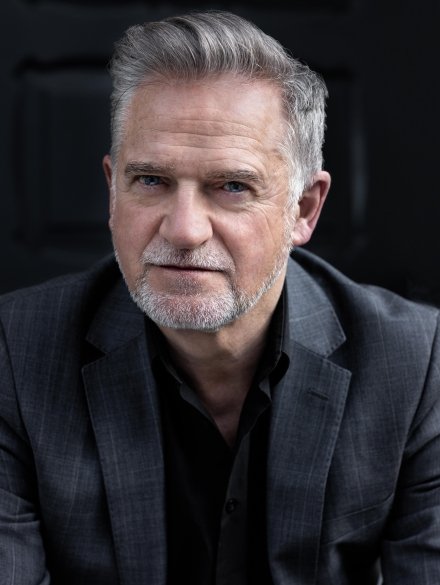UNESCO Chair in Issues Based Arts Education at ArtEZ
Dr John Johnston, head of the international Master Artist Educator (iMAE) at ArtEZ, has been appointed as the UNESCO Chair for Issues Based Arts Education, Intercultural Dialogue and Social Cohesion at ArtEZ. During the four-year research period of the UNESCO Mandate, Johnston will construct a small research team made up of staff and others including artists, academics, educators and social-cultural workers. The chair will lead the team to explore how 'Issues Based Arts Education' can be used as a tool to promote intercultural dialogue and social cohesion.

UNESCO Chair and UNITWIN
The UNESCO Chair program is a scientific initiative of UNESCO, established in 1992. Its aim is to promote international cooperation among researchers through the collaboration of UNESCO Chairs and networks of universities (UNITWIN). The Chairs are part of a global knowledge network and encourage research and education on topics relevant to UNESCO.
About Issues Based Arts Education
Issues Based Arts Education, abbreviated as IBAE, is an adaptable teaching approach that emphasizes pressing themes relevant to people, their circumstances, and the present moment. Ultimately, IBAE places the issue itself at the heart of a creative exploration, enriching both individual and collective awareness.
These three words - 'people, places, times' - hold particular significance for Johnston. “These three words essentially encapsulate what the UNESCO Chair is about for me, namely that I want to prove that Issues Based Arts Education is a pedagogy that allows us to educate people and communities in a way that is tailored to the times we live in, the place where it is delivered, and the people involved,” Johnston explains.
Since wars begin in the minds of people, it is in the minds of people that the defences of peace must be constructed.”
Research hubs, local and global
As the title suggests, the chair explores how IBAE can be used as a tool to promote intercultural dialogue and social cohesion. To achieve this goal, Johnston establishes three international 'Issues Based Arts Education-hubs'. These hubs investigate the needs of different communities in various contexts.
The hubs will be situated within different communities to conduct research from there. The hubs will be interconnected by a team of artist-educators and researchers, led by Johnston. The chair encourages the hubs to share knowledge and exchange artistic methods that have proven effective at the local level but can also be applied on a larger, more global scale.
This exchange and collaboration between the hubs and their communities from around the world ultimately lead to sustainable intercultural projects that bridge geographical and cultural divides between the global north and south. The insights generated by the hubs together with the communities directly contribute to enriching the societal debate on the role that art education can play in peacebuilding and conflict prevention.
International Community
The chair actively engages with the broader international community, with the principles of UNESCO as a starting point. Co-authorship and community input are fundamental in developing knowledge, and the chair will always ensure that the voices of different stakeholders are heard and valued.
The chair has established an academic panel that collaborates with local stakeholders, including universities, to provide advice and a robust academic and scientific framework to support research findings.
Embeddedness within ArtEZ
The UNESCO team will comprise of core ArtEZ staff including a coordinator, and two UNESCO Fellows. The fellows will be the link between the Chair and the research projects that will take place across the three hubs. Students and staff from courses with a shared interest will have ample opportunities to engage with the UNESCO mission. They may want to learn more about IBAE and various related research methodologies, how to employ IBAE through socially engaged collaborations, and how to distill these collaborations into educational materials. The UNESCO Chair at ArtEZ aims to offer a future vision that will position our staff and students on an international platform.
Partners
Argyle Business Centre, Art –Lab for Human Rights and Dialogue, UNESCO Chair on Women and her Rights (IbnTofail University, Mar), UNESCO Chair in Human Rights and Peace (Maastricht University, NL), UNESCO Chair in Peace Building, International Development and Conflict (Ulster University, NI), Radboud University (NL), Queen's Communities and Place (Queen's University Belfast, NI) PRAKSIS, University of Sunderland (UK), Cadi Ayyad University (Mar), Organization for Identity and Cultural Development (OICD), NIMAR (Leiden University, NL), Trauma International, The Minority Globe, Greater Shankill Area Partnership, and more to follow.
More information or want to collaborate?
The Chair is open to various collaborations. Would you also like to work more with IBAE, or are you open to collaboration in other ways? If so, please contact us via unesco.chair@artez.nl. We look forward to hearing from you!